#trends | the Internet of things
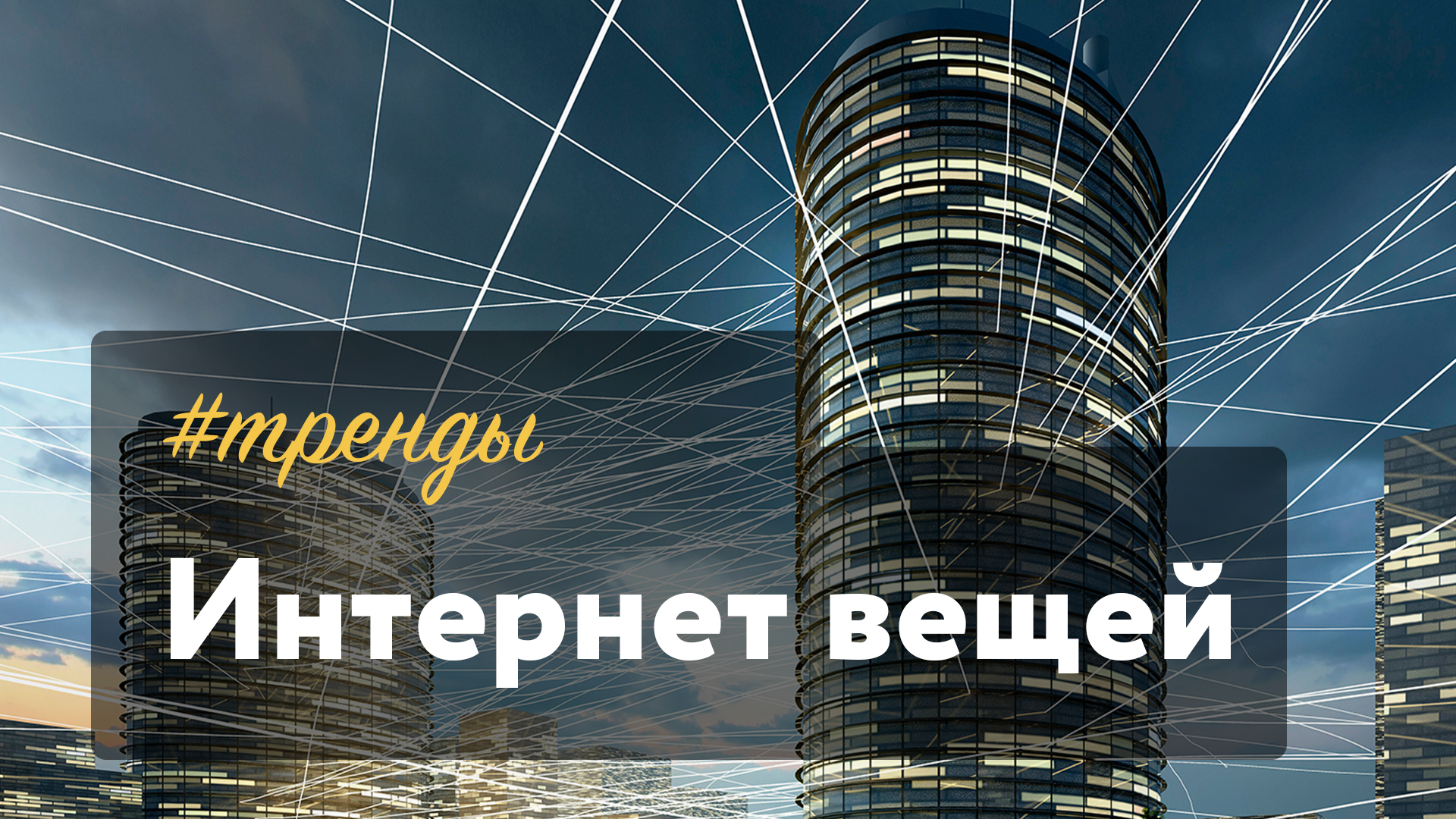 Source:
Source:
Internet of things — another fashionable phrase in recent years can be heard more and more often. Actually, it appeared much sooner than you think, but only now the potential of this phenomenon seriously wonder about his promising future.
Http://www.youtube.com/watch?v=w_FZIGm0fHI
In the broadest sense of the term "Internet of things" includes everything that is connected to the Internet. Recently, however, by this phrase increasingly understand the device that can communicate with each other. Roughly speaking, the Internet of things — this global network in which people do not, and gadgets interact with each other and teach each other in the process perform various tasks.
Although the phrase "Internet of things" has become so widespread only recently, this term exists already since 1999. The authorship belongs to Kevin Ashton, an employee at mit and co-founder of a startup Auto-ID Center. The history of this phrase is important, because it shows that although the massive interest in the Internet of things emerged only recently, the concept had its followers in the late nineties of the last century.
Kevin Ashton
The View of Ashton on the Internet of things has focused on the use of radio frequency identification for the connection of devices to each other. This concept has had only minor similarities with the present approach, devices exchange a wide range of information via IP networks.
In 1999, wireless networks in the form in which we know them today, was in its infancy and the cellular network could not transmit large amounts of information. In those days it was much more difficult to develop the Internet of things, where all devices would have unique IP addresses. In addition, in the absence of IPv6 there were not enough addresses to connect all the desired devices to the Internet. As the radio frequency identification not provided for the direct connection of each device to the global network, this solution look more affordable and sustainable.
In June 2000, was presented the world's first Internet-connected refrigerator — the LG Internet Digital DIOS, which was connected to the network via a network LAN interface. Its development began in 1997, i.e. two years before Ashton coined the term the "Internet of things".
By the Way, in the same year Wi-Fi became a commercial wireless standard, and manufacturers has opened new opportunities associated with connectivity and interaction devices. The United Nations for the first time mentioned the term "Internet of things" in 2005, and three years later in Zurich was the first international conference on this issue.
A significant contribution to the development of technology has made the emergence of wireless standard Bluetooth Low Energy, which has found its application in sports, medicine, security, and home entertainment. The concept of smart home began to prosper in daily life, when the company Nest Labs has introduced modern thermostats and smoke detectors that were equipped with sensors, supported Wi-Fi and studied independently.
The Emergence in 2011 of IPV6 has provided a marked increase in the number of devices that can be connected to the Internet with the allocation of unique IP addresses. The real heyday of the Internet of things, Cisco believes the end of the first decade of the 21st century, when the number of Internet-connected devices more than doubled the human population: 12.5 billion compared to 6.8 billion. Today the number of such devices has already reached 25 billion, and by 2020 will have again doubled in size.
2014, according to the publication Venture Beat was called the "Year of the Internet of things". Judging by the development of technology, each and every year also deserves this title.
Today the market is flooded with a large number of Internet-connected devices: lighting devices, electronic locks, surveillance cameras, fitness trackers and more. Smart scales tell the Baker what ingredients to add to prepare the dough, smart camera keeps an eye on your child in the bedroom, and sends a notification to your smartphone when it detects suspicious activity, and smart kettle automatically boils water when you come home.
The Creatures inhabiting the Internet of things, also help us to better understand the world and to solve complex problems. For example, in order to understand why honey bees are suffering from a dangerous phenomenon called "the destruction of the colony", an Australian company CSIRO has equipped 5,000 bees with radio frequency chip to track their movements and get information about what is a factor, destroying their population. A Dutch startup Sparked has developed a wireless sensor that allows farmers to monitor cows. If the cow is sick or pregnant, the farmer quickly gets a notification.
As of the development the technology of the Internet of things brings certain challenges faced by companies and researchers. The Internet today connects more and more devices: cars, machines, wearable devices, household appliances, medical equipment — the list goes on. All these devices are creating huge amounts of data that organizations use in their activities.
Of Course, volumes of information is an important corporate asset, can not become the object of attention of hackers and other cybercriminals. Information is encrypted, but as long as every code has a key, the last hit in the wrong hands — only a matter of time. Therefore, companies that look to the future, now care about is to securely protect their data. For example, Kaspersky Lab has developed tamper-proof operating system for IOT devices and actively distributes it on the market.
Another problem facing this phenomenon is the lack of a universal standard. The AllJoyn framework is one of several such standards, but consensus in this matter had not yet been attained. In the segment of Internet of things is still affected by fragmentation, and fragmentation, which is certainly not making a positive contribution to the development of technology.
Another difficulty is the lack of stable and high-speed communication channel between the device and the corresponding communication infrastructure. The more devices you join to the network, the greater the amount of traffic they need to handle. The only solution to the problem — speeds increase and expansion of the network infrastructure than currently doing providers of communication services. But the process is slow and costly, so no quick way of increasing network capacity is another factor hindering the development of the Internet of things.
It is Impossible not to mention about the problem lying in the plane of energy. As one of the benefits of the Internet of things is the ability to manage a large number of scattered areas of devices without having to embed them in a traditional infrastructure, the full potential of such a solution can be implemented, if only to decouple the device from the DC power source. Although in the segment of batteries, there has been active research, the emergence of batteries that can power portable devices for several years, remains a long-term perspective. A lot of hope researchers impose on solar energy, which is able to at least partially solve this problem.
Of Course, the most interesting related to the Internet of things, is waiting for us far ahead. The most interesting begins, when connected devices learn to communicate with each other. For example, smart car, smart giving a signal to the garage that it is time to open the smart lock, as the owner is approaching home. Or alarm clock, five minutes before your Wake up giving a signal to the coffee maker that she has started to prepare your favorite cappuccino.
If you dream about what applications expect IOT devices in the healthcare industry, the picture having not less exciting. Wireless heart rate monitor camera in the form of a tablet, which is enough to swallow that the doctor was able to conduct a full gastroscopy. It would be unfair to say that today in this area there is nothing interesting. Suffice it to mention medical program for the Apple Watch or a special t-shirt from the company OMsignal, which in real time measures the vital signs of the user and sends a notification when he needs a break.
Of Course, the Internet of things — one of the areas of technology, for which in coming years most closely monitored and to wait for innovation. But threats it also holds many, and they are connected not only with the risk that the slow cooker will rebel and instead of the risotto will cook the paella.
...
Recommended
Mystery of the Sargasso sea, and why there were dead ships
At the time, in the Sargasso sea lost a lot of ships. Almost all mystical place, about which people say, giving them a mysterious halo, are on the water. When ”ends”, the disappearances do seem very strange and inexplicable. One of the places that ar...
An air leak site has been found on the ISS. What's next?
Air leak occurs in Russian station module Inside the International Space Station live astronauts from different countries and all of them need oxygen. The air needed for the life of the crew is produced by special equipment, but the tightness of the ...
Why can thinking about death make life happier?
Awareness of one's own mortality can be a liberating and awakening experience How do you feel about the idea of death? How often do you think about it and what emotions do you feel? Many of us have been pondering these questions lately. The pandemic ...
Related News
How does it work? | 5G network
In today's issue of the scientific-educational programs «How does it work?» we will talk about how the 5G network. Pleasant viewing! ...
How does it work? | Wi-Fi in the plane
In today's issue of the scientific-educational programs «How does it work?» we will talk about how Wi-Fi on the plane. Pleasant viewing! http://www.youtube.com/watch?v=ytmb6jmjOXI...
What we will show at the Victory parade — 2017?
the Traditional parade of the great Victory, held may 9 in the heart of our country on the red square of Moscow, allows you to personally see the latest innovations vysokotekhnologichnoi military equipment of domestic production. ...
How does it work? | Wi-Fi in the subway
In today's issue of the scientific-educational programs «How does it work?» we will talk about how Wi-Fi in the subway. Pleasant viewing! http://www.youtube.com/watch?v=xSmsQolrPWs...
In today's issue of the scientific-educational programs «How does it work?» we will talk about how to operate a mobile navigation how the system route, measure and take into account traffic jams. Pleasant viewing! http:...
How does it work? | Cameras commit traffic violations
In today's issue of the scientific-educational programs «How does it work?» we will talk about the cameras fixing violations of traffic rules, how they work, measurement errors, and more. Pleasant viewing! http://www.yo...
#it is an interesting | Most unusual winter sports
Today we present to your attention the 183rd episode #it is an interesting, which we'll talk about the most unusual winter sports. Namely, we will focus on Snowkiting, winter equestrian Polo, brumble and much more. Pleasant viewin...
How does it work? | Intelligent video surveillance
In today's issue of the scientific-educational programs «How does it work?» we talk about intelligent video surveillance: the principle of operation of intelligent systems for the analysis and identification of objects, ...
#it is an interesting | Scientific discoveries of 2016. Part 2
Today we present to your attention the 181st episode #it is an interesting in which we will continue to talk about important scientific discoveries and achievements of 2016. Namely, we will focus on the FAST radio telescope, gravi...
#it is an interesting | Most unusual car parks
Today we present to your attention the 184th and last episode of #it is an interesting, which we'll talk about the most unusual winter sports. Namely, we will focus on Wolfsburg'Volkswagen's Autostadt, Michigan Theatre, 1111 Linco...
#it is an interesting | Most anticipated news of 2017
Today we present to your attention the 182nd episode #it is an interesting, which we'll talk about the most anticipated technological innovations of 2017. Namely, we will focus on wireless headphones translators Waverly Labs, iPho...
How does it work? | Hydroelectric
In today's issue of the scientific-educational programs «How does it work?» we talk about hydroelectric power: how it works, record high efficiency, the main advantages and disadvantages. Pleasant viewing! ...
At auction for 15 thousand dollars was sold to a 90-year-old mold sample
the News that someone has decided to spend 14 617 dollars for disgusting mold sample may seem crazy. But only as long as understand that this can be the most important in the history of mankind has ever grown mold. auction house ...
How does it work? | Wind power
In today's issue of the scientific-educational programs «How does it work?» we talk about wind power: how it works, advantages and disadvantages. Pleasant viewing! ...
Over several European countries marked by high level of radiation
In the past month, several European countries showed a small increase in the level of background radiation. The source of this background radiation still have not been found. First, a small increase of radiation, which were observ...





















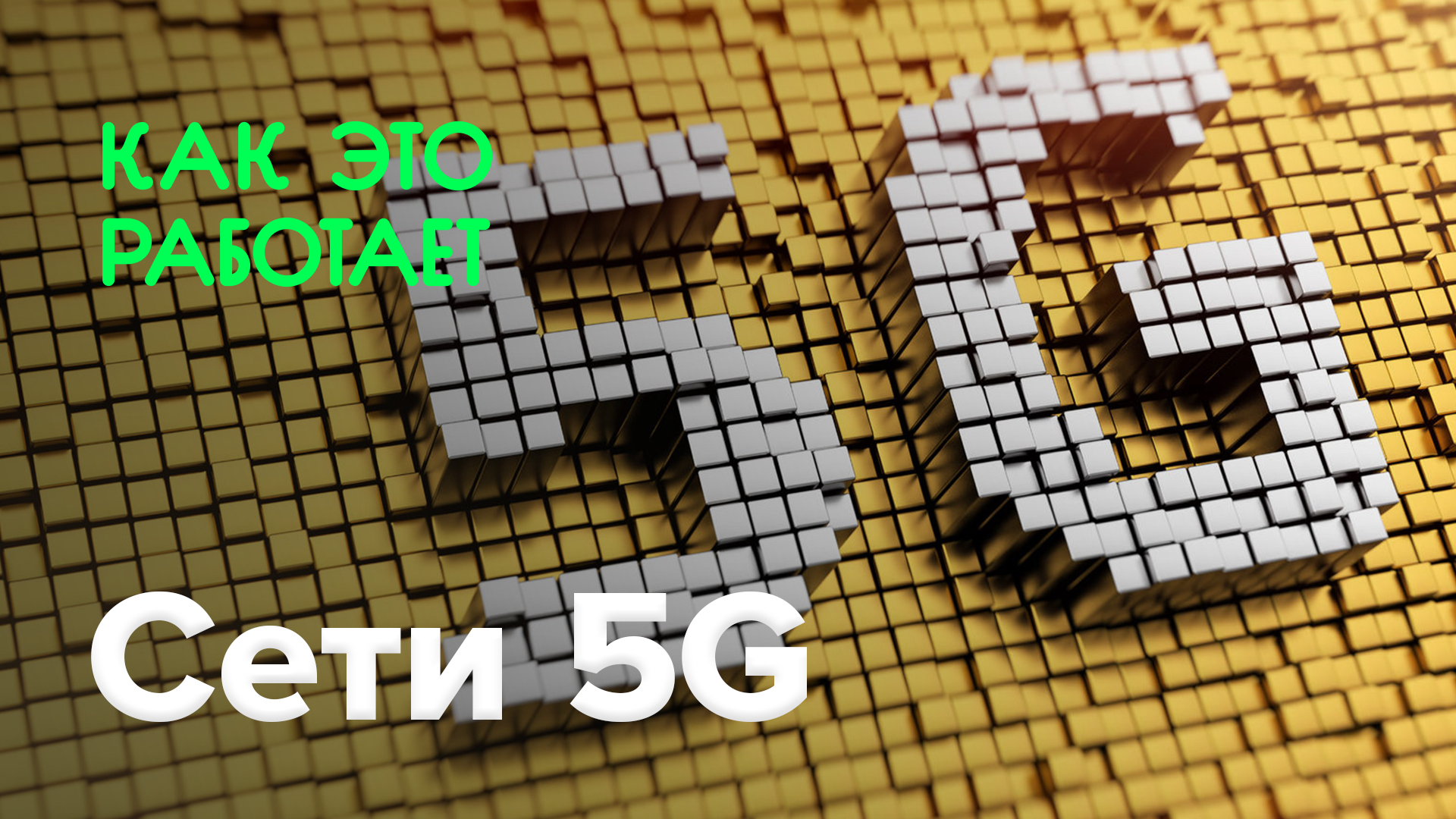

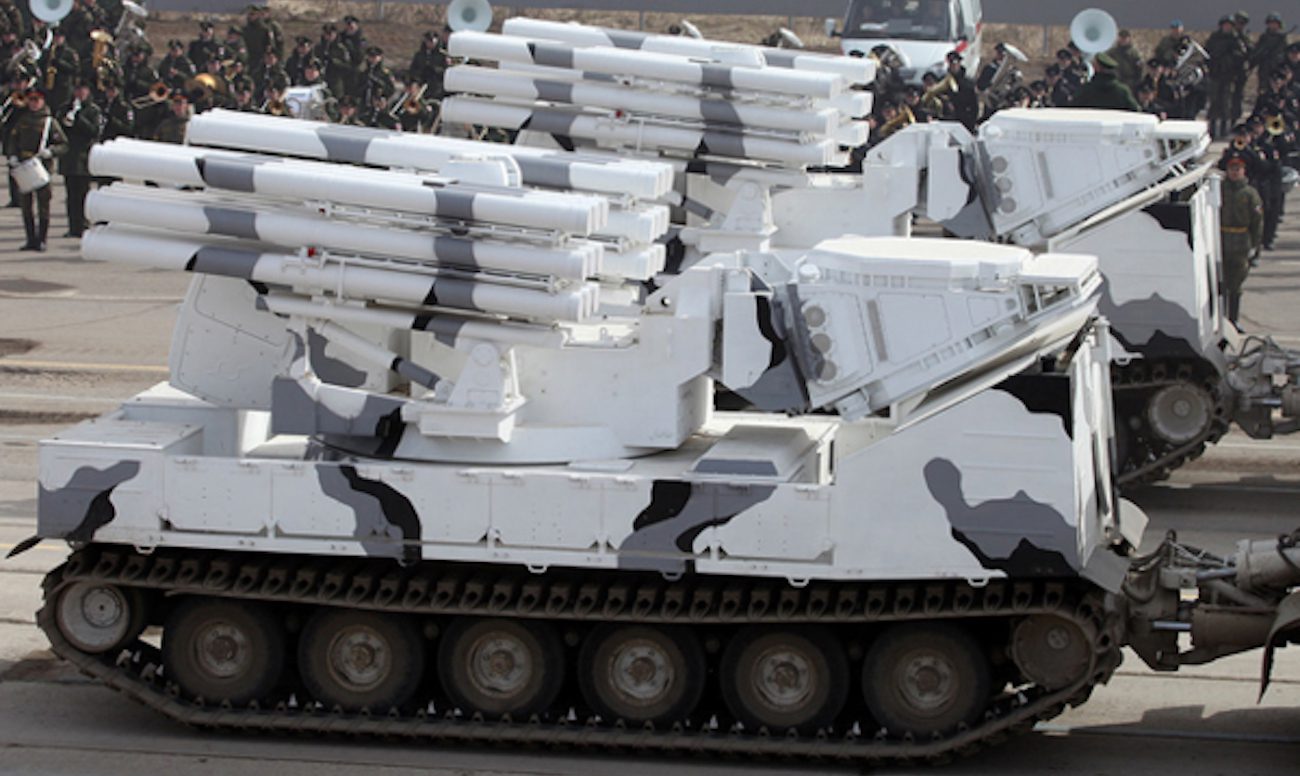
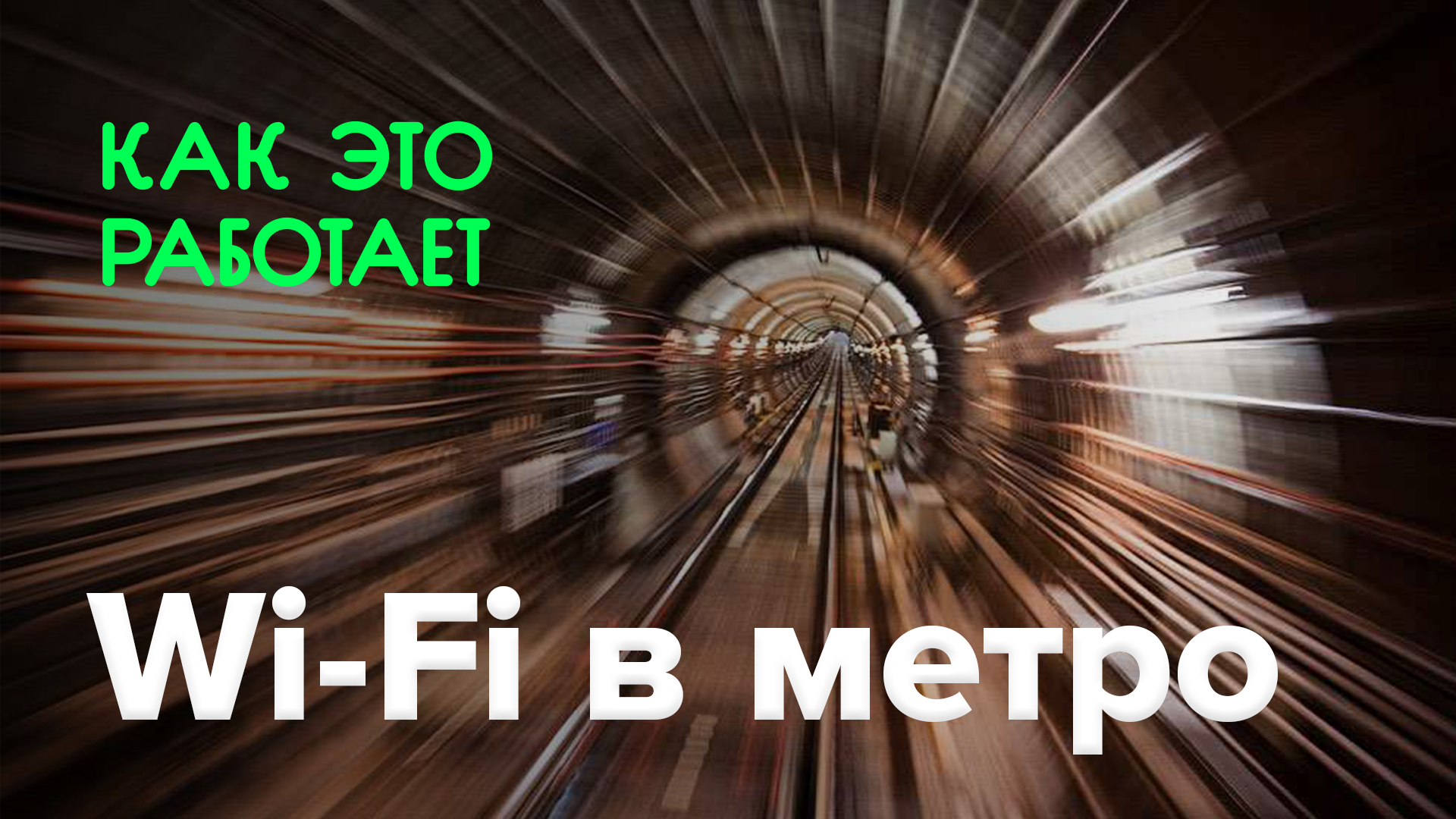
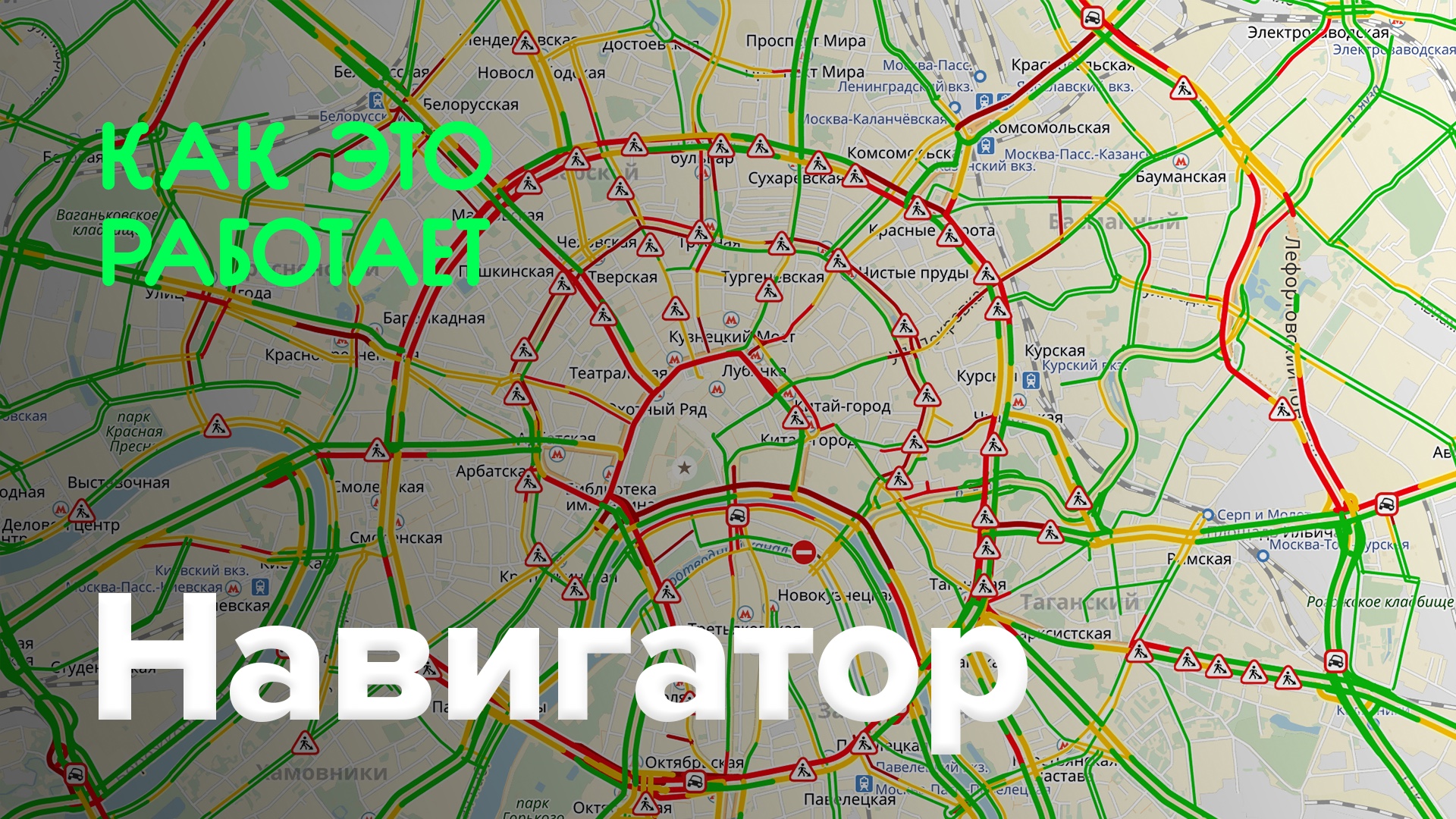
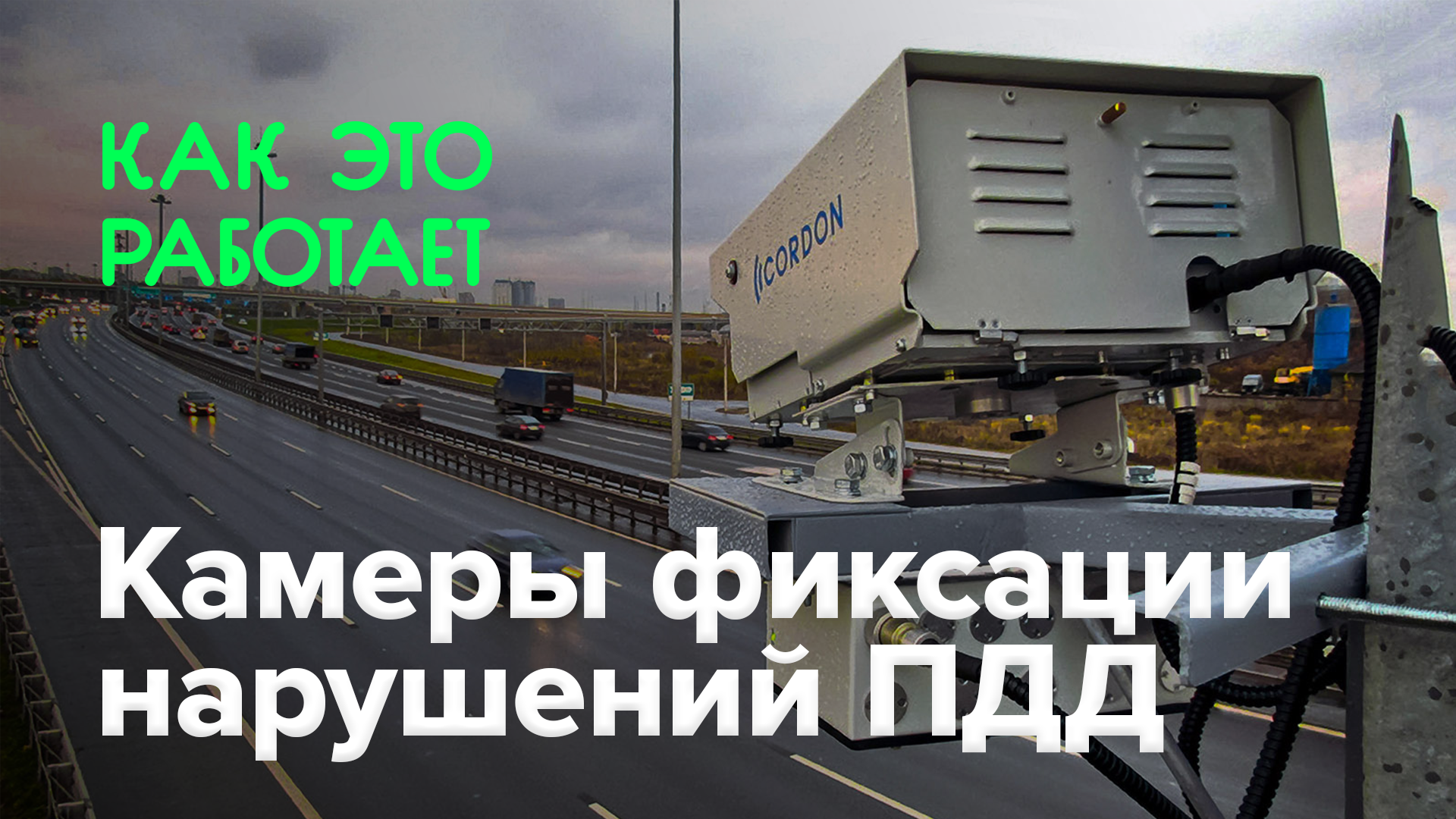


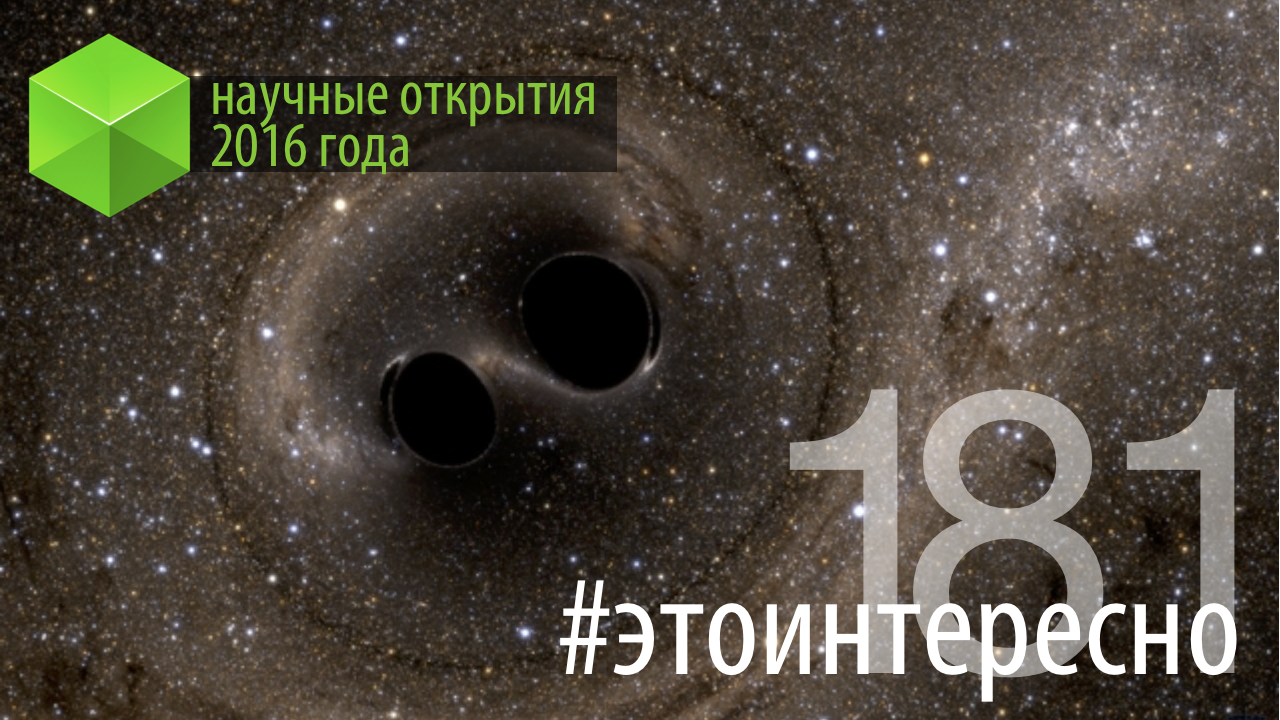
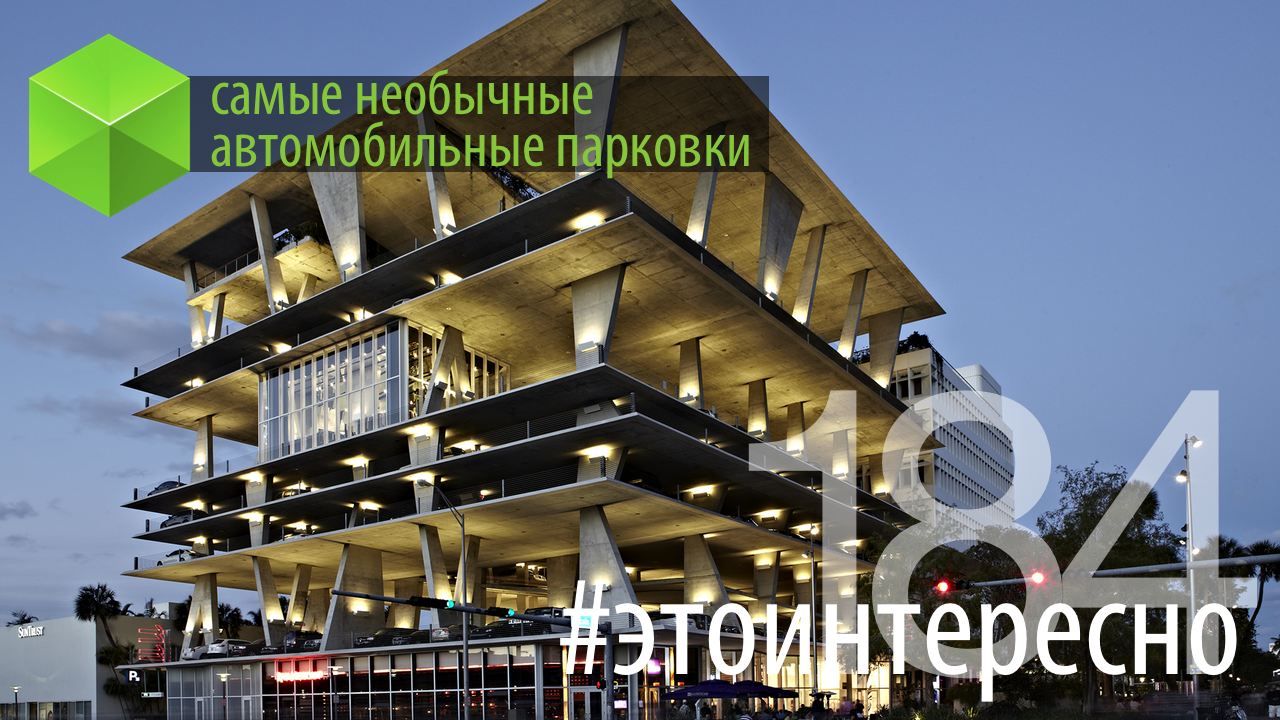
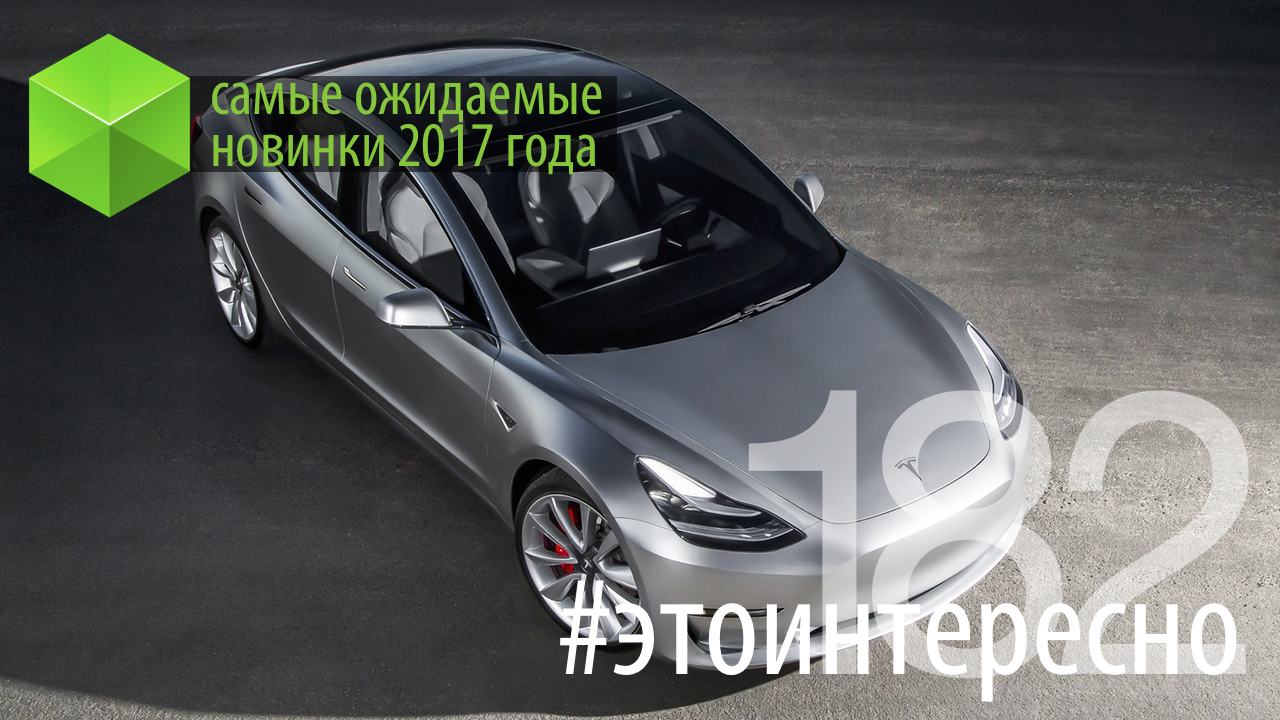

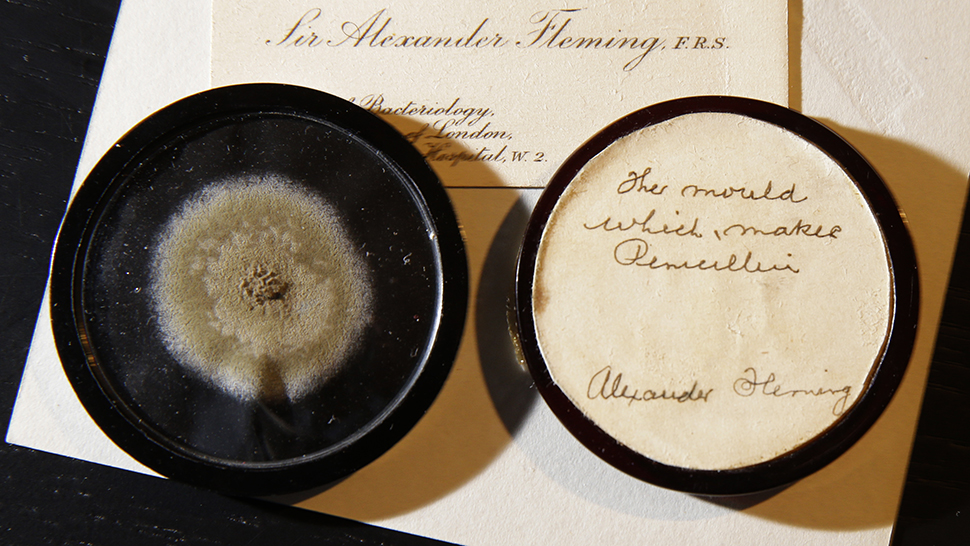
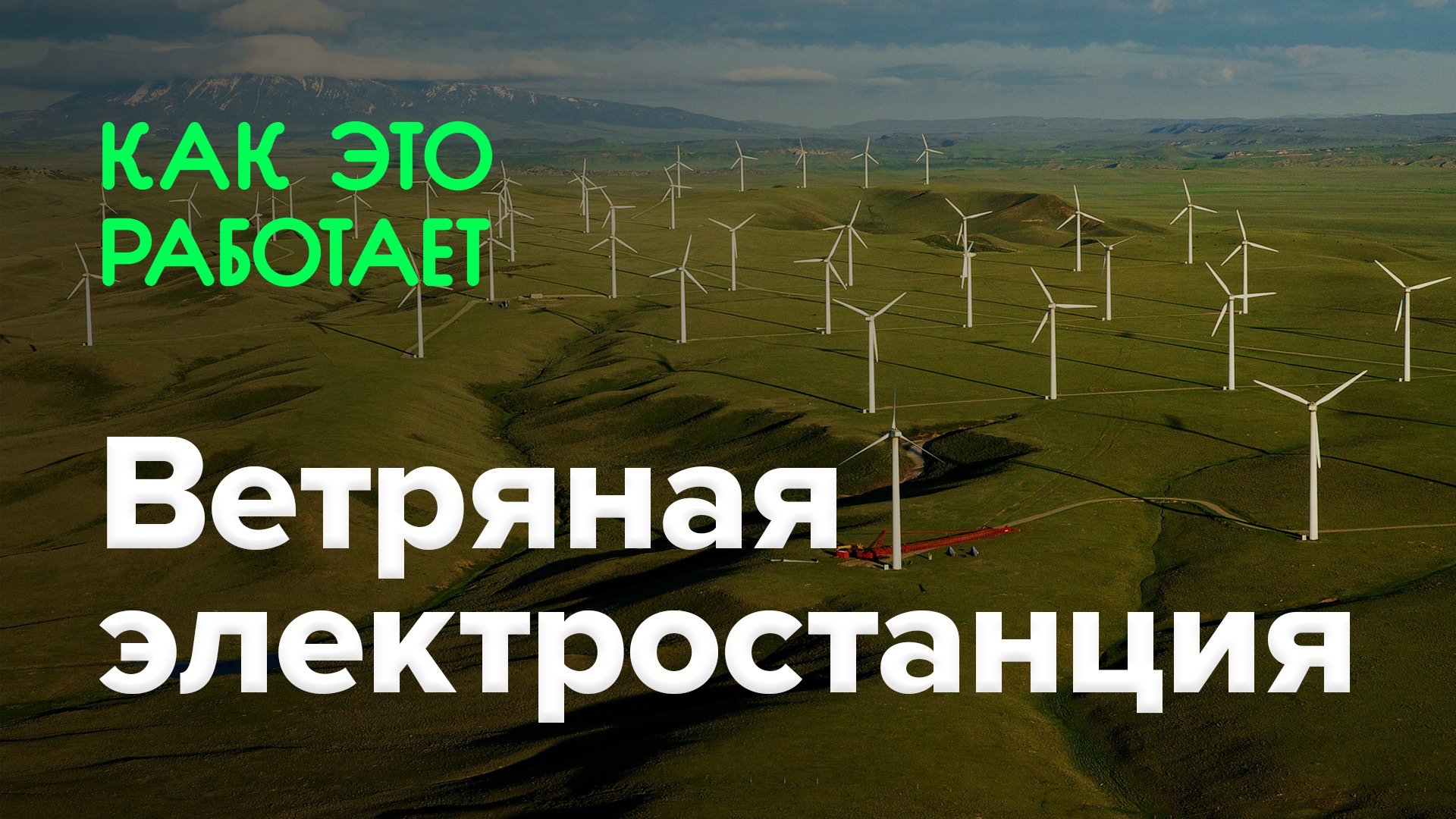
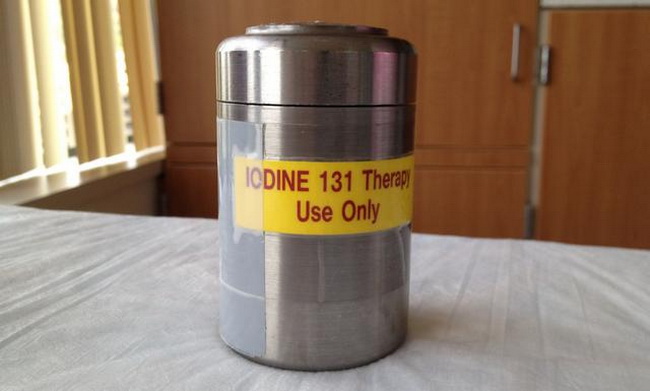
Comments (0)
This article has no comment, be the first!